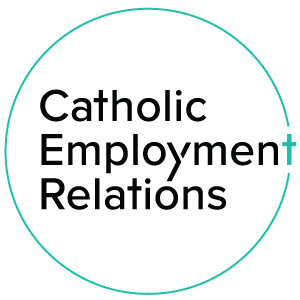Employment Contracts – 5 costly mistakes to avoid
Are your employment contracts up to scratch?
Many employers fail to implement best practice when drafting and managing employment contracts. This can lead to costly mistakes. In this article, we look at 5 mistakes to look out for and how you can avoid them.
While employment contracts can be verbal, the reality is that without a written contract, it will be difficult to enforce any agreed terms and in particular, terms that protect legitimate business interests. This may include terms relating to over-award payments, confidential information, intellectual property, post-employment restraints, and notice provisions.
Moving on, here are 5 costly mistakes to avoid:
Incorporating terms that should be in a policy document.
It is worth remembering that the terms of contracts cannot be unilaterally amended, therefore, careful consideration should be given to the terms you will be bound by for the duration of the employment relationship. If you need to impose certain requirements or wish to offer discretionary entitlements, consider putting them in a policy instead. This might be terms relating to leave procedures, additional leave entitlements, annual pay reviews, and discretionary incentive schemes. This will allow you to retain flexibility and be more responsive to changing operational needs.Unintentionally imposing obligations on your organisation
A term in an employment contract should either provide a right or impose an obligation. If it does neither, leave it out. For example, if you outline a disciplinary process in the contract or a separate disciplinary process is incorporated into an employee’s contractual terms, you are obligated to follow it, even where you would otherwise be within your rights not to do so. Failure to follow it leaves an employer exposed to a breach of contract claim.Framing post-employment restraints too broadly
You can have terms in a contract that protect legitimate business interests. Obvious examples are clauses that prevent an employee from disclosing confidential information or working for a direct competitor post-employment. These should be carefully drafted as they will not be effective nor enforceable if framed too broadly. This means confidential information should be defined in the contract and any restraint should only protect legitimate business interests balancing an employee’s right to earn a living. The nature of the employee’s work, their seniority, and the scope and duration of any restraint should be carefully considered.Not keeping contracts up to date
Contracts should be reviewed regularly and revised to reflect changes in employment status or responsibilities, as well as to legislation, modern awards or enterprise agreements. A variation of contract, to be filed and read together with the original employment contract, may be more appropriate for changes to hours or days of work, pay increases, classification changes, and any temporary changes (including flexible work arrangements). Failure to keep employment contracts updated such that it reflects current arrangements, can be costly. A court may determine a contract is no longer valid, or its terms unenforceable, including those that protect your organisation’s interests.Referring to and applying the incorrect award or enterprise agreement
Check and confirm instrument coverage for a position, especially new positions, before finalising an employment contract. Any mistakes can be costly leading to possible underpayments or overpayments and breaches of applicable award terms.
CER will be hosting a webinar on Tuesday, 18 May 2021, in which we will be taking a closer look at employment contracts. In particular, what you should (and should not) include in contracts, what you cannot include in contracts, compliance risks and other practical tips. We will also be looking at how to ensure you have appropriately drafted employment contracts following the recent changes to casual employment.












